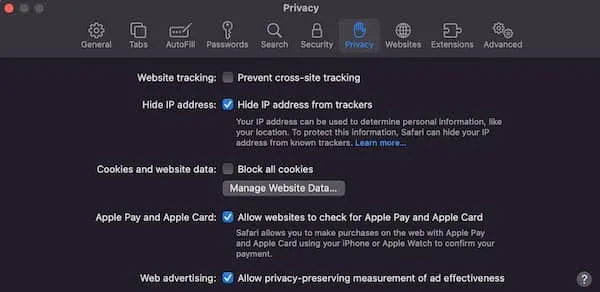
This 90-minute webinar is presented by Charles S. Wasserman, M.S. on Friday, January 12, 2024 at 12:00pm Eastern time.
An Introduction to Auditory Evoked Potentials: The human auditory system is complex and can be subject to a myriad of compromising lesions and/or dysregulation at many different locations, both peripheral and central. The basic perception of sound is traditionally measured behaviorally by an Audiologist; however, a more detailed assessment of each component of the auditory system can be completed using auditory evoked/event-related potentials (ERP). Join us for an introduction to auditory evoked potentials and auditory processing. This webinar will include: 1) an overview of the anatomy & physiology of the peripheral and central auditory systems/pathways; 2) outline the ERP measures of speed and accuracy of each component of the auditory system; 3) discuss different types of central and peripheral auditory processing disorders (APD) and when to suggest a formal APD evaluation; 4) an in-depth discussion of the technical requirements for recording auditory ERPs in clinical practice.
Click HERE for additional information and/or to register for this webinar.

